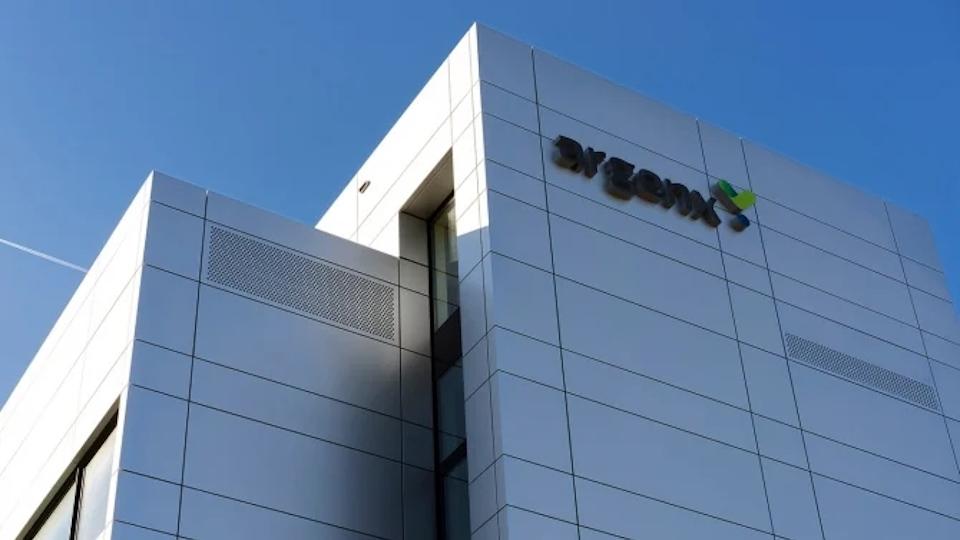Shine rubs off Argenx after Vyvgart Hytrulo fails trial

Argenx has been riding high of late thanks to buoyant sales growth for its Vyvgart therapy for muscle-wasting disease generalised myasthenia gravis (gMG), but a failed phase 3 trial has dented the product's future prospects.
The new ADVANCED-SC study was testing Argenx’s new subcutaneous formulation of the FcRN blocker – Vyvgart Hytrulo (efgartigimod alfa) – in rare bleeding disorder primary immune thrombocytopenia (ITP), but failed to show a benefit with the drug compared to placebo.
Specifically, Vyvgart Hytrulo was not statistically superior to control on the primary endpoint of sustained platelet count response, seen in 13.7% and 16.2% of patients, respectively, and also missed secondary endpoints, including responder status and the average change in platelet counts from baseline.
Argenx has been selling an intravenous formulation of Vyvgart for gMG since December 2021, which was joined by Vyvgart Hytrulo after the latter was approved for gMG in the US and EU earlier this year. The new version allows for a once-weekly injection administered by a healthcare professional that takes around a minute, rather than a weekly, hour-long IV infusion delivered at a clinic.
Combined, the two drugs made $816 million in sales in the first nine months of the year, putting the Vyvgart franchise well on course to top the $1 billion sales threshold for 2023.
“This is not the outcome we had hoped for patients,” said Luc Truyen, the Dutch biotech’s chief medical officer. “But setbacks are part of pioneering a new class of medicines and these data will provide insights into the broader understanding of FcRn and ITP,” he added.
In its gMG trials, Vyvgart Hytrulo was found to be as effective as the original Vyvgart at reducing levels of antibodies in the blood associated with the disease and was generally well-tolerated, other than mild to moderate injection site reactions. The ITP study found a similar safety profile, according to the company.
The failure of the ADVANCE-SC study means that Argenx hopes to target the ITP market now lie with the IV version of Vyvgart, which was shown to be effective in the ADVANCE-IV trial reported last year with a near-22% improvement in sustained platelet count response compared to placebo. The drug has been submitted for approval in Japan for ITP, with a decision expected in 2024.
Additional analyses from the study will be carried out in the coming months ahead of a presentation of the data at a future medical meeting.
Argenx suggested on a conference call that the failure of ADVANCE-SC may stem in part from a variable placebo response rate in the study. The result raised concerns that the subcutaneous form may struggle in other indications, however, and shares in the company came under pressure after the announcement – particularly as lofty sales expectations for Vyvgart are driven by its favourable route of administration compared to other drugs in the market.
Next up is the ADDRESS study for pemphigus vulgaris, from which topline results are expected around year-end 2023. All told, the drug is being tested in 13 autoimmune diseases, including pemphigus foliaceus (PF) and chronic inflammatory demyelinating polyneuropathy (CIDP).













